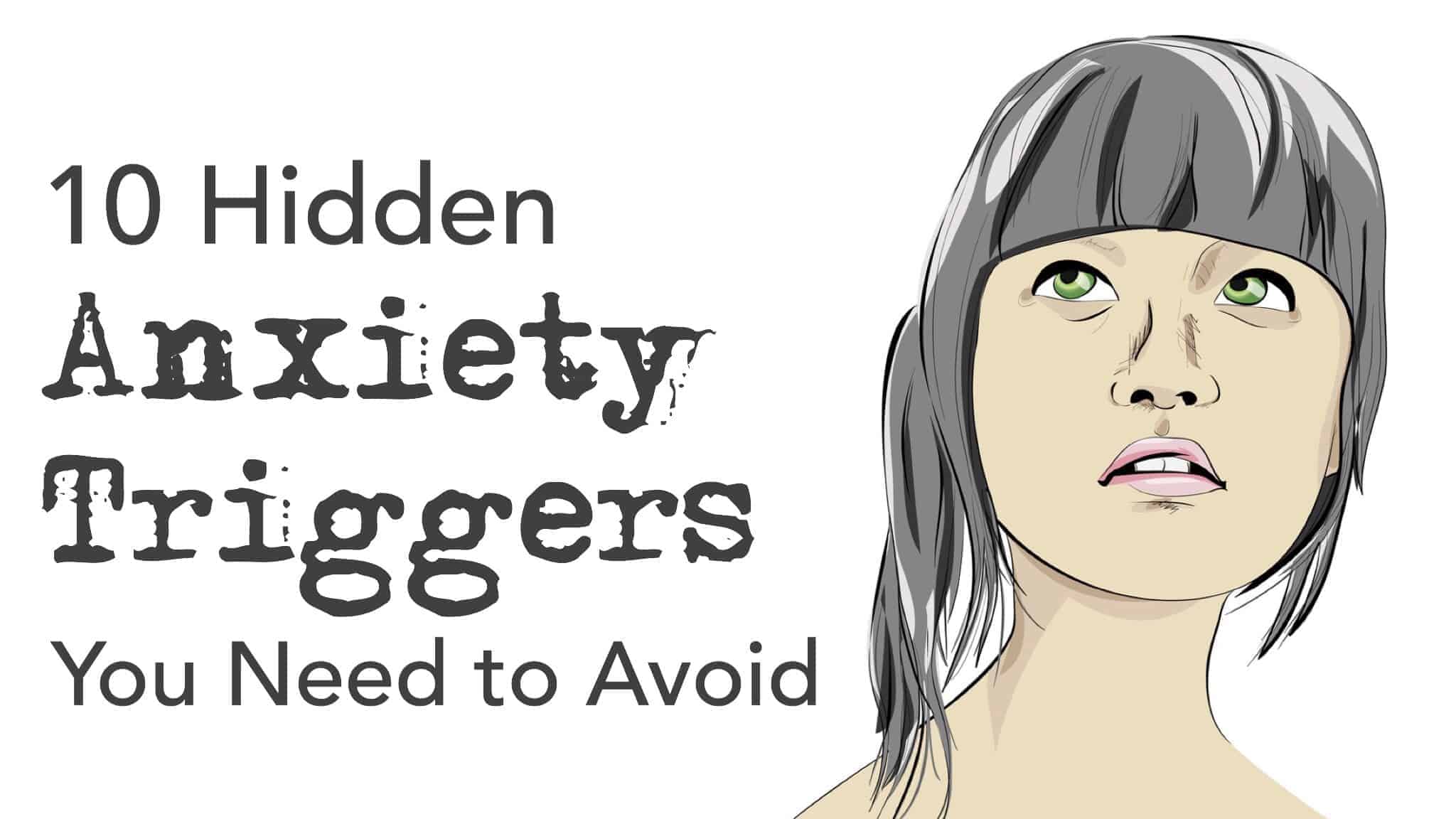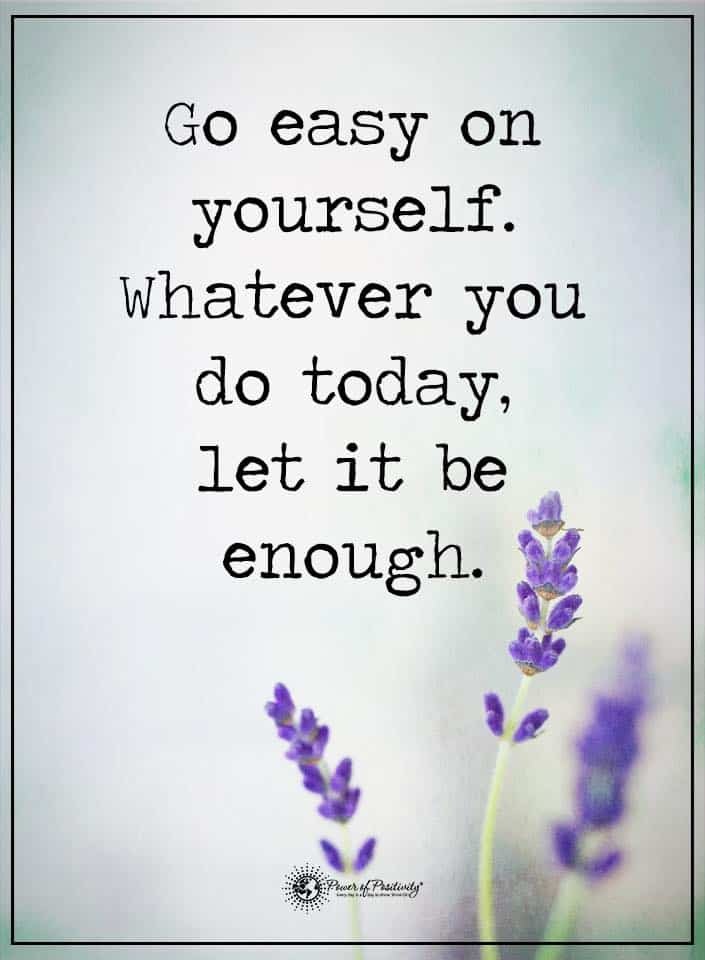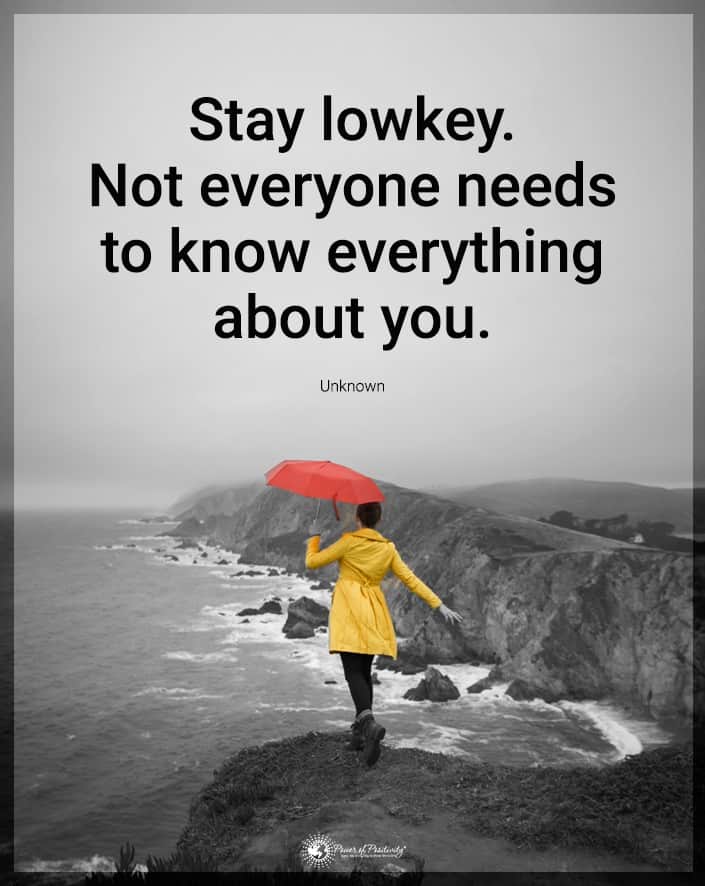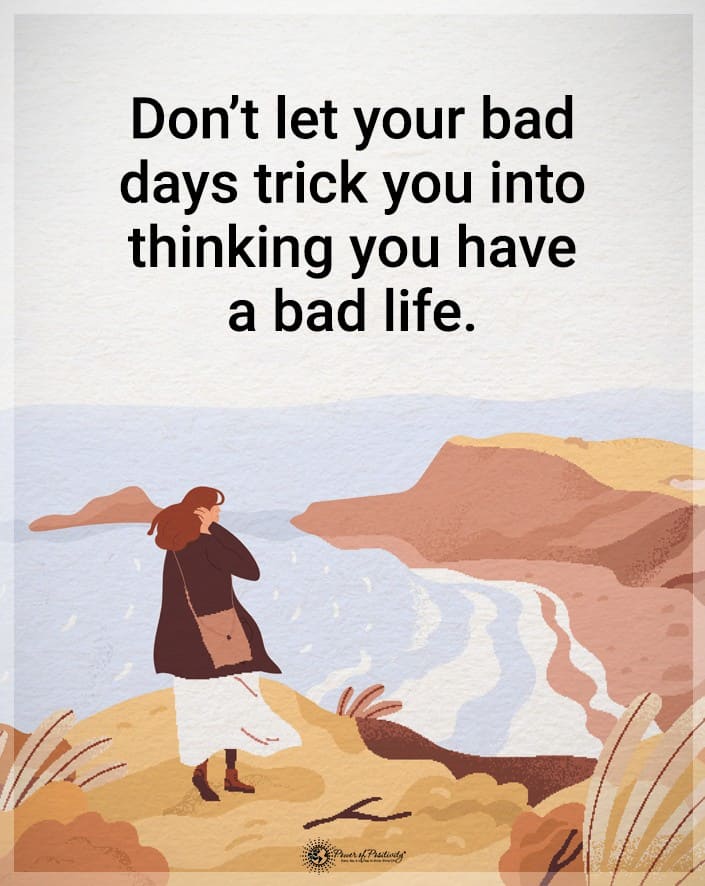Anxiety seems to be a near-universal condition. However, not all those with a diagnosis share the same anxiety triggers.
In the United States alone, approximately forty million adults – or eighteen percent of the population – suffer from an anxiety disorder. However, these numbers come as no surprise to most people.
The truth is that society is somewhat to blame (not to negate our sense of responsibility.) In fact, our society built a 24/7 “constantly connected” infrastructure that permeates our schools, businesses, and elsewhere. Many people are under constant pressure to succeed, most ironically by leveraging this very infrastructure. Of course, this expectation only exacerbates the problem.
“Prevention is the best cure” is a universal axiom within the medical community, including within the mental health sphere. Understanding what “triggers” specific symptoms or conditions can – in some instances – drastically reduce the likelihood of a sign or episode.
Here, we focus on ten established “triggers” that are known to induce anxiety symptoms and anxiety conditions. We hope that, by understanding what provokes anxiety, we can better mitigate any adverse consequences.
Here are ten common anxiety triggers that we need to avoid:
Living with anxiety is like being followed by a voice.
It knows all your insecurities and uses them against you.
It gets to the point when it’s the loudest voice in the room.
The only one you can hear.
– Unknown
1. Alcohol
Consumption of alcohol, as it relates to the onset of anxiety, is a “Catch-22.” After a period of dealing with stress and its related stressors, some will turn to booze to calm themselves down.
As a depressant, alcohol can “accomplish” this task – but only temporarily. After this initial period, alcohol becomes the catalyst for anxiety – and this is the actual danger in relying upon the substance to ease anxious thoughts and feelings.
Finding a more constructive and sustainable outlet is strongly recommended by medical professionals.
2. Inadequate nutrition/diet
Our brain is a “hungry” organ in that it requires specific nutritional components – at adequate levels – to function correctly. Further, as the brain uses up much of our body’s resources (i.e., energy), our gray matter must receive said nutritional components in the right amounts.
A typical “Western Diet” is heavily processed, lacking nutritional value to provide for the brain and body sufficiently. According to Dr. Eva Selhub, Contributing Editor at Harvard University’s Health Publications:
“…studies have compared “traditional” diets, like the Mediterranean diet and the traditional Japanese diet, to the typical “Western diet” and have shown that the risk of (mental illness) is 25% to 35% lower in those who eat a traditional diet.”
Nutritionists, dietitians, and other health professionals recommend minimizing the consumption of processed foods and increasing the amount of whole, natural foods we eat.
3. Anti-social behavior
Depending on one’s personality, the desire to engage with fellow human beings can fittingly range on a scale of 1 to 10. Introverts, for example, require sparse social interaction, while extroverts require social interaction as a means of energy and motivation.
Secluding oneself to the extreme, however, can cause some unintended consequences. Too much solitude, particularly for introverts, can result in some serious overthinking – a prelude to an anxiety episode.
This is a highly individualistic and subjective recommendation, but we should seek some social outlet to better our mental health.
4. Certain sensory inputs
Certain lights smells, or sounds can (sometimes, inexplicably) negatively affect our state of mind. In addition to being an annoyance, they cause a stress reaction – and, more specifically, an anxiety reaction.
Noise, especially loud or blaring sounds, can activate and heighten the activity within the amygdala – a part of the brain responsible for the “fight or flight” response. Smells and sounds are much more nuanced but trigger anxiety in some.
Understanding and accepting the notion that certain stimuli can provoke an anxiety response, we are better equipped to manage our environment.
5. Overworking
The determination to push ourselves and create a better life is a respectable trait. However, some individuals possess a drive that – at a certain point – becomes more of a liability than an asset. Such folks do not “live in the moment” of any marked success but instead succumb to the “next big thing.”
Constantly working to achieve this “next big thing” can alter brain chemistry to where any perceived “setback” can ignite a sense of anxiety.
Practicing mindfulness, meditation or gratitude can help keep things in perspective.
6. Lack of sleep
Sleep is essential to the normal functioning of the brain. When we deprive ourselves of this vitally-important state, many unintended consequences can surface. This includes, of course, adverse psychological outcomes.
Lack of sleep often leads to an inability to sleep, aka insomnia. Ultimately, our mental and physical health suffers as a result.
If getting a good night’s rest becomes a consistent problem, you must seek medical advice.
7. Low blood sugar
The brain is a hungry organ; it requires a steady supply of glucose and other nutrients to function correctly. We’re susceptible to diabetes-like symptoms – shakiness, dizziness, weakness, etc.
Furthermore, low blood sugar creates unnecessary stress for the brain. As a result, the brain will perceive this inadequacy as a threat, which can trigger an anxiety episode.
The solution is to consult a physician, nutritionist, or another expert who can recommend a dietary regimen that benefits your unique needs.
8. Poor stress management
Without an excellent ability to manage stress, we’ll quickly succumb to anxiety triggers – both internal and external. Stress creates and exacerbates thoughts and feelings of anxiety, making stress management a priority for those who desire to alleviate anxiety and its associated symptoms.
Practicing mindfulness and deep breathing can help in dealing with these triggers.
9. Negative thought patterns
Negative thoughts breed negative thoughts, the consequences of which can be devastating. As necessary, negative thought patterns tend to worsen over time, resulting in a negative spiral that some cannot manage to get out of.
Positive activities can counteract some or all of the anxiety experienced due to such thought patterns. Sports, meditation, or yoga are all activities that can reduce negative and anxious thought patterns.
10. Loss of direction
Those who once had “a vision” for their life – and (realistically or perceivably) saw this vision crumble – are prone to experiencing high levels of depression, anxiety, and other mental health conditions.
These folks tend to be highly competitive and goal-oriented individuals. Therefore, losing your sense of purpose is devastating. Similarly, others who “lose their way” tend to experience bouts of anxiety.
Indeed, mindfulness, meditation, and practicing gratitude can help put things in perspective. Practice sitting in silence consistently. As a result, you may find the ever-elusive answer to this complicated problem.
These Habits Help You Avoid Your Anxiety Triggers
1. Poor health triggers anxiety
Your physical health can impact your mental health. Poor health causes you to feel lethargic, be tempted to overeat, and to feel depressed. Therefore, it limits your ability to work and go to school. Living day in and day with poor health could be one of your hidden anxiety triggers.
2. Too much alcohol
Alcohol is a known depressant. Large amounts of alcohol can cause feelings of sadness and depression. While drinking alcohol, people have reported that they sometimes feel nervous and anxious. So the more alcohol you drink, the more likely you will develop temporary anxiety and depression symptoms.
3. Poor diet
Your diet is an essential factor in your mental health. What you eat impacts your body, but a poor diet also hurts you mentally. There’s a clear connection between what you eat and the risk of depression. Studies show that a healthy diet is associated with a lower risk of depression and its side effects.
4. Dehydration
Dehydration is another one of the anxiety triggers you may have overlooked. Water, in many ways, is a nutrient for your brain. Not drinking enough water causes your brain to work slower and not function properly. If you’re feeling anxious, try drinking extra water to see if it helps you feel better.
5. Lack of sleep
Don’t underestimate the power of a good night’s sleep. Anxiety and sleep disorders go together. Sleep deprivation makes you prone to worry, fear and sadness. Even people who don’t usually experience anxiety have feelings of anxiety when they’re sleep-deprived.
6. Negative thoughts
Your negative thoughts could be one of your anxiety triggers. If your thoughts are rooted in pessimism, it will negatively affect your mental health and how you feel. It’s easy to allow negative thoughts to repeatedly cycle through your mind until you feel anxious and depressed. Breaking the negativity is key to letting go of your negative thoughts.
7. Social isolation
Did you know loneliness and social isolation are proven anxiety triggers? Prolonged isolation can harm your mood. It puts you at risk for mental and physical health problems like
- Depression
- Substance abuse
- Anxiety
- Dementia
- Heart disease
- Diabetes
8. Fluorescent bulbs
Did you know that those fluorescent bulbs you shop under at the store and sit under at work or school could trigger your anxiety? Fluorescent bulbs have higher levels of blue light. Blue lights interrupt your ability to sleep. They also flicker more than other light bulbs, which leads to stress or anxiety for sensitive people.
9. Some medications
Certain over-the-counter or prescription medications can trigger anxiety symptoms. The ingredients in these medications cause you to feel uneasy. These feelings lead you to feel anxious or unwell. Medicines that cause you to feel unwell include:
- Cough medicines
- Decongestant medications
- Birth control medications
- Weight loss medications
10. Caffeine
You may have heard of the caffeine jitters. These jitters make you feel almost the same as if you experienced a frightening situation. Your heart beats faster, your hands will get clammy, and you feel ready to run away. Caffeine is a stimulant. It sets off your fight-or-flight responses, which can trigger your anxiety and, for some people, cause an anxiety attack.
9 Habits To Help You Avoid Your Anxiety Triggers
Now that you understand some of the leading causes of your anxious feelings try making these changes to your routine.
1. Stay hydrated
Being thirsty can lead to stress and trigger anxiety. Even mild thirst can lead to calm anxiety. Increase your water intake with these suggestions.
- Keep your water bottle with you all the time.
- Drink some water every time you go to the bathroom
- Order water when you eat outside
- Drink water after you work out
- Serve water at mealtimes
- Eat water-filled veggies and fruits
- Drink herbal teas
2. Avoid too much alcohol
If you know it may tempt you to drink too much, try these tips when you’re going out for a drink.
- Avoid drinking alcohol on an empty stomach-Eat a light meal before you drink alcohol.
- Drink water and alcohol together-For every alcoholic drink you have, drink a glass of water.
- Sip your drink-Take your time and drink slowly.
- Limit yourself to only one alcoholic drink per hour
- Set a limit on how you drink at one sitting
3. Understand how God cares for you
Understanding how God cares for you can give you hope and peace of mind. Your spiritual health is closely related to your mental health. When you nurture your relationship with God, it helps you trust him in those things in life that are out of your control. Your growth in understanding God and how he’s working in your life through:
- Read scripture-Read Psalms for comfort
- Give your troubles to God-Choose to pray about your worries. Ask God to help you trust him with the outcome.
- Find a faith community-Find other people of faith who will help you grow in your relationship with God.
4. Stay healthy
Stress from an illness throws you off both emotionally as well as physically. Good self-care helps you stay healthy. Follow these self-care practices for optimum health and less anxiety.
- Lower your alcohol intake
- Eat a balanced diet
- Stay active
- Get your blood pressure checked regularly
- Avoid sugar and high fats
- Don’t smoke
5. Relieve your stress
Stress buildup leads to anxiety triggers. You can relieve your stress by doing these activities:
- Being outside in nature
- Exercising
- Walking
- Reading
- Yoga
- Social interactions
- Owning a pet
- Growing in your faith with God
6. Get enough sleep
Lack of sleep can make you more anxious. So even missing as little as one hour of sleep can make you feel more stressed and irritable. It affects your memory and even your muscles. People who struggle with anxiety feel the effects of sleep deprivation more than people who don’t have anxiety. Create a bedtime routine to help you sleep better, such as
- Keep your bedroom dark and cool.
- Avoid eating food or drinking alcohol too close to bedtime
- Take a bath or read a book to relax before you go to bed
- Avoid using your computer or smartphone close to bedtime
- Take a calcium-magnesium supplement to help you sleep
7. Avoid negative thought patterns
Sometimes, the same way that you think can make you more anxious. When you’re focused on the negative things in your life, it affects how you feel about your life. It’s easy for your mind to wander, causing everything to look darker than it is. The next time you feel alone, sit down and make a list of all the people in your life. This could be your family, friends, church friends, people in your groups, or school. This can help you fight the lie that no one cares for you.
8. Avoid too much caffeine
Limit how much caffeine you drink. Curb your caffeine habit by following these simple tips:
- Drink herbal teas during the day
- Shorten how long your coffee brews
- Read the labels of your drinks. Even some coffees contain caffeine
- Drink a smaller cup of coffee
- Limit how many cups of coffee you drink each day
9. Stay socially active
Staying socially active is one way to break your anxiety. Avoiding people is harmful to your mental health. Even if you don’t feel like it, try to get out with friends or family several times a week. Other ways to stay socially active include:
- Attend church meetings or Bible studies
- Join a book club or hobby group
- Talk to your neighbors
- Join your co-workers after work for a drink
Final Thoughts On Identifying Your Anxiety Triggers
It may surprise you how your everyday life experiences can be anxiety triggers. Simple things like being dehydrated, not eating well, or even missing out on some sleep, can trigger your feelings of anxiety. You can avoid these anxiety triggers by following some tips listed here.

















 Community
Community

